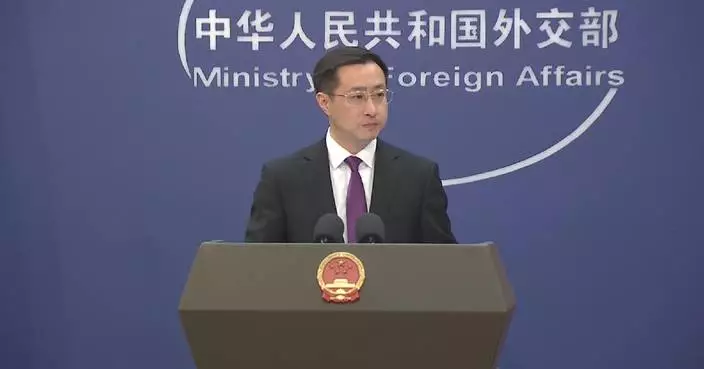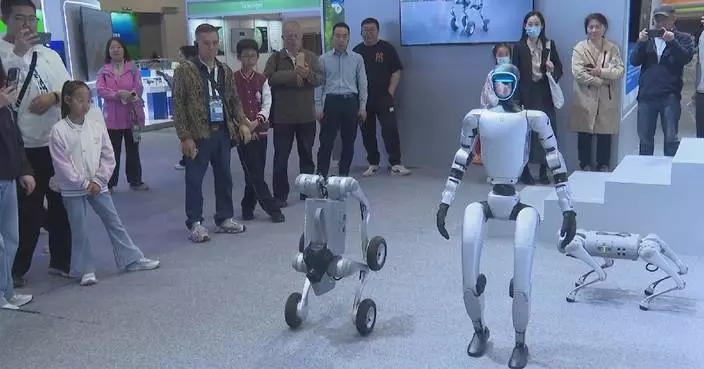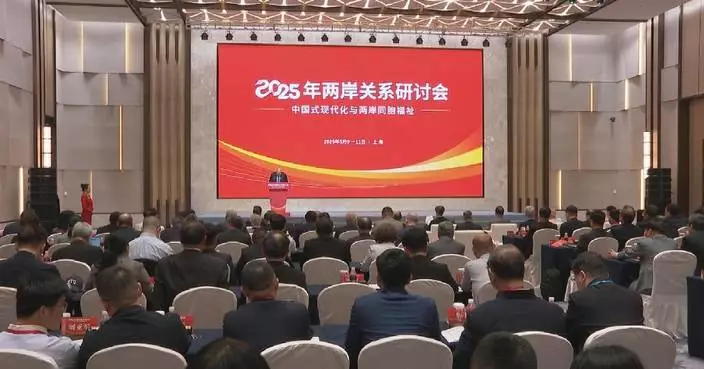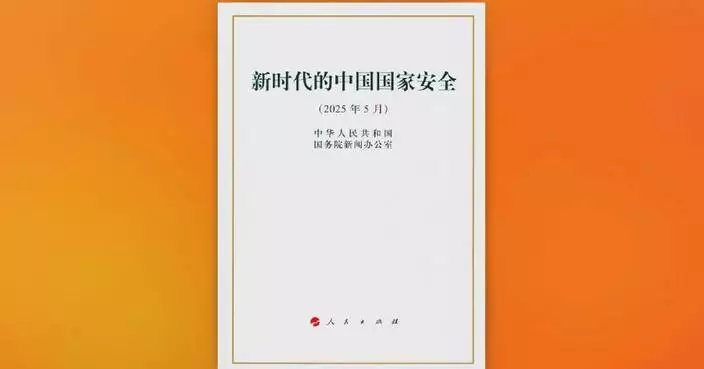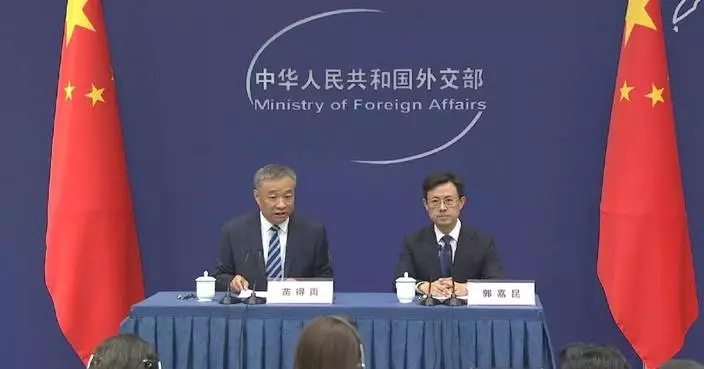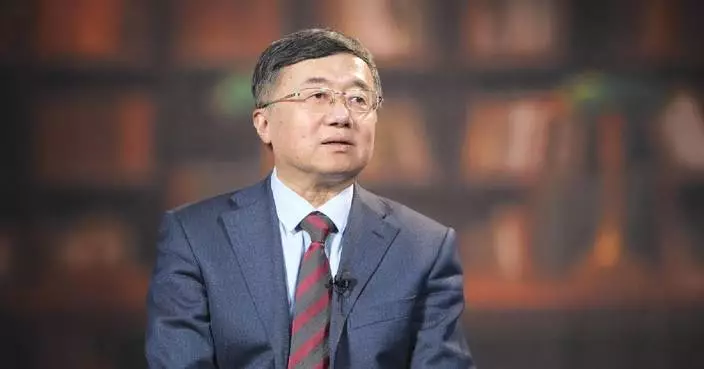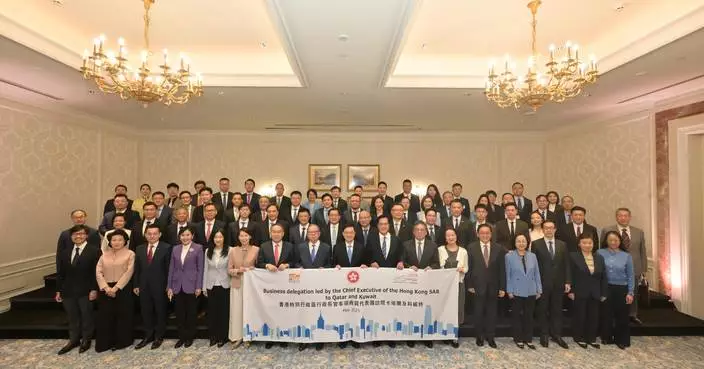Sichuan Province and neighboring Chongqing Municipality, both provincial-level regions in southwest China, have made significant progress over the past five years in building a regional economic zone through the joint construction of infrastructure and a modern industrial system.
Since the implementation of the development plan for the economic zone highlighting Chengdu, capital of Sichuan, and Chongqing in 2021, the province and the municipality have made unremitting efforts to improve the level of opening up in the zone.
On Monday, the Phase II project of the Xintian Port jointly built by Sichuan and Chongqing completed construction. The port, located in Wanzhou District of Chongqing, has an annual throughput capacity of more than 14 million tons of goods, providing a new channel for the transportation of goods from the western regions to eastern seaports.
"After the port begins operation, goods from Sichuan and Chongqing can be reloaded here. This can give better play to its role as a multimodal transportation hub, expand channels to rivers and the sea, and accelerate the flow and aggregation of factor resources between Sichuan and Chongqing," said Xie Lei, head of the Xintian Port.
The Chengdu-Chongqing economic zone covers 16 cities and has a population of nearly 100 million, making it the most populous region in the west. It boasts a profound industrial foundation, strong innovation capabilities, a huge market, and high-level opening up.
"The construction of the Chengdu-Chongqing economic zone is key for Sichuan and Chongqing to contribute to the national strategic development under the new circumstances and promote regional coordinated development. It will also serve as an important growth pole and a new engine for China's high-quality development," said Ren Yi, a researcher of the Institute for Chengdu-Chongqing Economic Zone Development.
Sichuan and Chongqing have jointly built various industrial clusters in the advantageous fields of automotive, electronic information, equipment manufacturing, and specialty consumer goods.
Among them, the electronic information industry cluster has become China's first cross-provincial national advanced manufacturing cluster, while the automotive industry cluster cluster ranks the third nationwide.
In 2023, the Chengdu-Chongqing (Xinglong Lake) Comprehensive Science Center was officially launched, making the economic zone China's first regional sci-tech innovation center.
At the Western Science City in Chengdu, a new batch of preferential policies have been adopted lately, covering financial support, talent exchange, and sci-tech resource sharing, to accelerate the aggregation of sci-tech innovation factors.
A total of 29 railways, highways and waterways have been built between Sichuan and Chongqing to enhance regional connectivity.
Meanwhile, Sichuan and Chongqing have continued to improve public services for residents from the other region, including identity card replacement services and mutual recognition of provident funds.
They have released four batches of 355 kinds of affairs that can be handled in any city in the economic zone, and more than 20,000 affairs are currently handled daily on average.
"Now, it takes us only more than one hour to travel from Chongqing to Chengdu by high-speed rail. Besides, I can handle social security and medical insurance affairs in the Jinjiang District in Chengdu and don't have to go back to Chongqing any more. This saves me a lot of time. It's very convenient," said Xu Mengying, a resident in Chengdu from Chongqing.
Currently, the GDP of the economic zone has exceeded 9 trillion yuan (about 1.23 trillion U.S. dollars), accounting for more than 30 percent of the western regions.
The number of annual key projects jointly built by Sichuan and Chongqing had increased from 31 in 2020 to 300 in 2024, with the total investment rising from 583.6 billion yuan (about 79.74 billion U.S. dollars) to 3.55 trillion yuan (about 485 billion U.S. dollars).

Sichuan, Chongqing make progress in coordinated development over past 5 years

Sichuan, Chongqing make progress in coordinated development over past 5 years

Sichuan, Chongqing make progress in coordinated development over past 5 years







